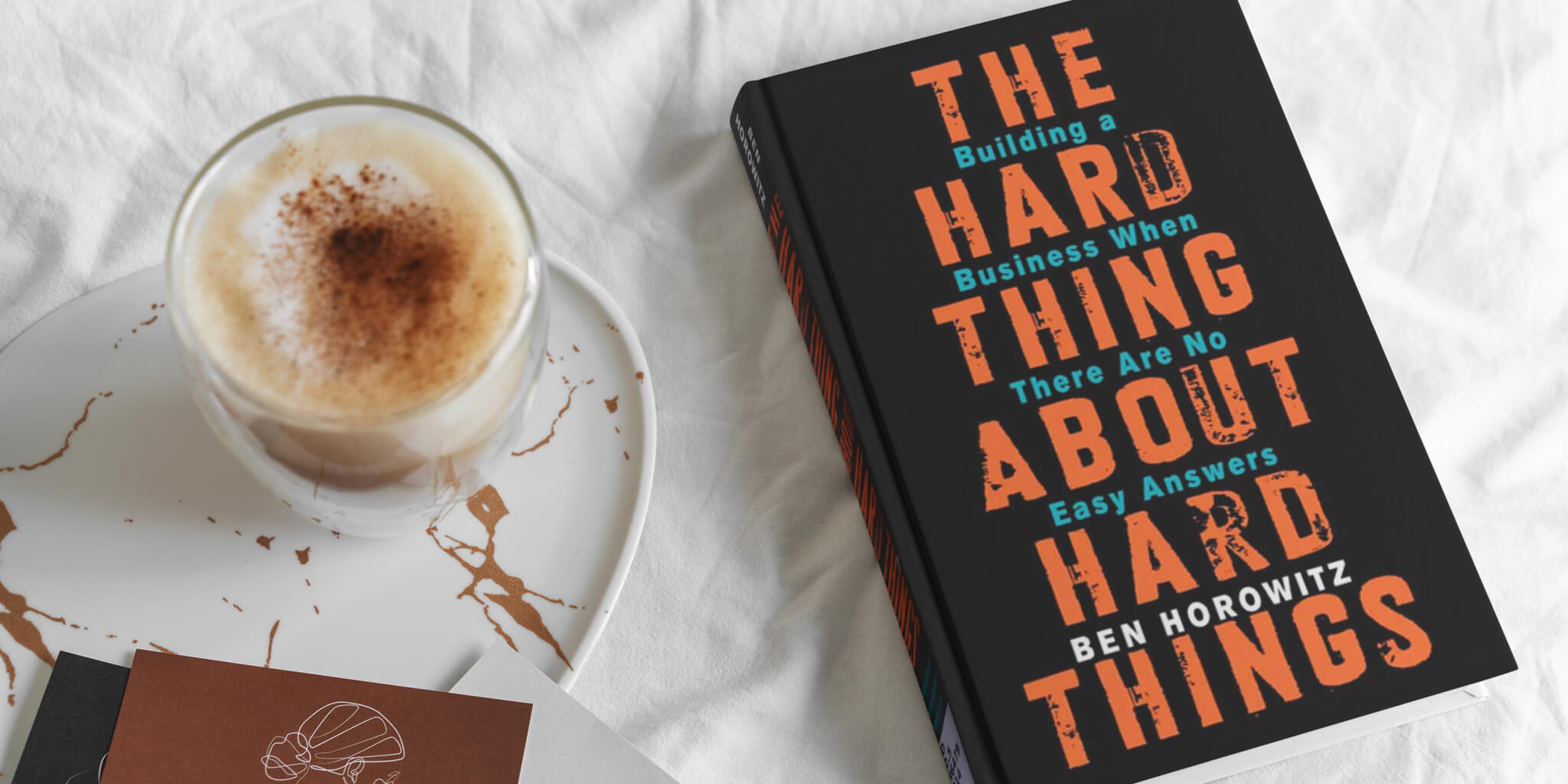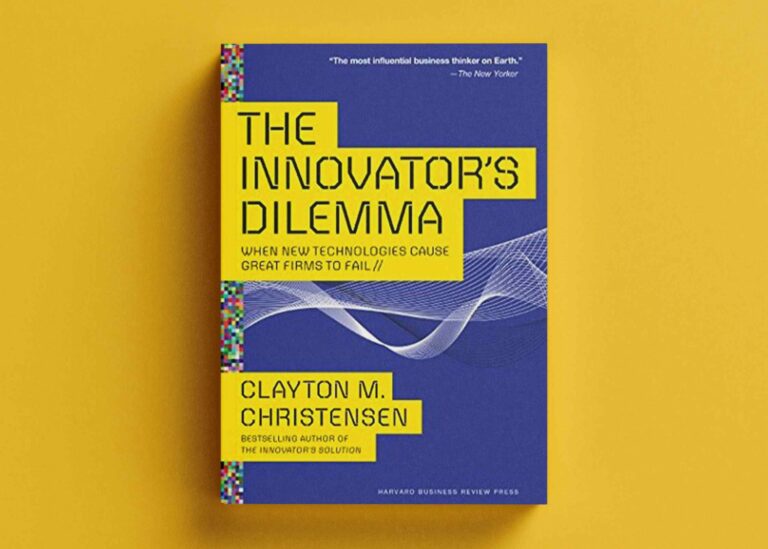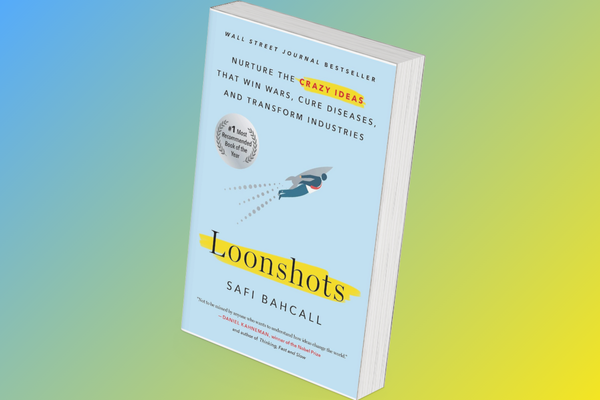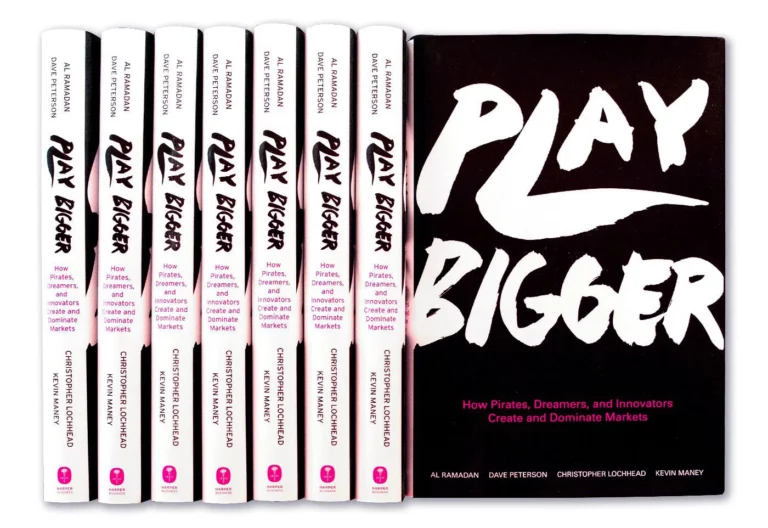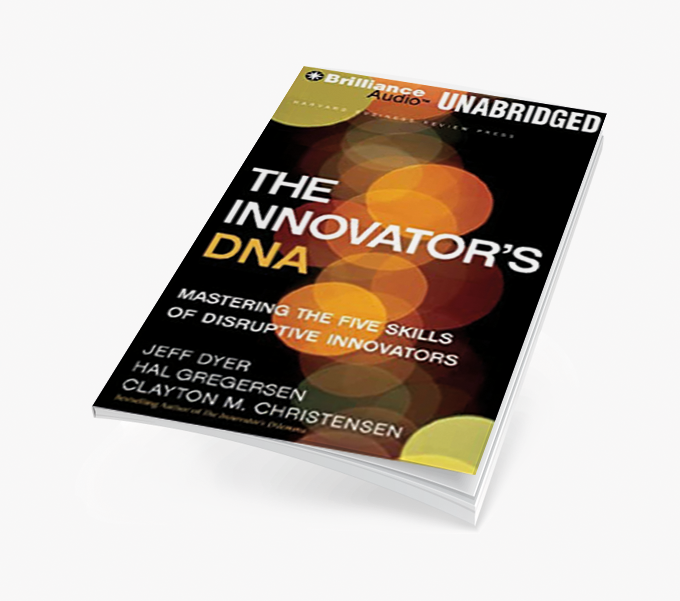Why true leadership starts where the playbook ends — lessons from Ben Horowitz on surviving chaos, layoffs, and scaling pains.
Leadership Without Illusions
Horowitz’s career — from founding Opsware to selling it to HP for $1.6 billion — was anything but smooth. His core insight? The hardest part of being a CEO is managing your own psychology.
There’s no neat framework when your company’s burning cash, morale is crumbling, and the investors want answers by Friday.
Horowitz writes, “There are no silver bullets — only lead bullets.” That’s his metaphor for the unglamorous grind of leadership: solving one painful problem at a time.
In today’s startup landscape — especially in regions like the UAE where venture-backed scaling is accelerating — this mindset is gold. Founders who thrive aren’t those with perfect strategy decks. They’re the ones who stay calm in chaos and keep moving through fog.
The Founder Survival Framework
Horowitz’s stories outline a mental operating system for what I call the Founder Survival Framework — four principles for navigating the hardest moments of growth:
1. Tell the Truth Early
Layoffs and pivots destroy trust if handled with spin. Horowitz insists: be radically transparent. When he had to lay off hundreds, he spoke directly to every team, sharing both the bad and the path forward. Honesty creates resilience.
2. Make Decisions, Not Excuses
In crisis, indecision is deadly. The best founders make imperfect calls fast, learn, and iterate. “The only thing worse than a bad decision,” Horowitz writes, “is no decision.” In scaling companies, this principle separates survivors from the rest.
3. Manage Emotion, Not Optics
Founders often perform strength instead of practicing it. But leadership isn’t about image — it’s emotional endurance. It’s about how you hold yourself when things fall apart.
4. Build the Right Kind of Culture
When Horowitz says “culture is what people do when you’re not looking,” he’s describing trust systems. In volatile markets, the right culture isn’t “fun”; it’s aligned under pressure. It’s where people tell you the truth even when it hurts.
Scaling Chaos: Lessons for Today’s Founders
The relevance of The Hard Thing About Hard Things has only deepened in the AI-driven, high-volatility economy we now inhabit.
Startups scale faster, capital moves quicker, and the margin for error is smaller. Yet Horowitz’s framework endures — not because it’s tactical, but because it’s psychological infrastructure.
When founders in Dubai, Nairobi, or Singapore face rapid expansion, they confront the same paradox Horowitz did in Silicon Valley: growth creates fragility. The stress fractures appear in people, processes, and purpose.
That’s when the “hard things” begin — firing friends, cutting burn, and redefining roles. But handled with candor and courage, those moments create organizational maturity, the invisible muscle of sustainable scale.
The Real ROI of Pain
Horowitz doesn’t glorify suffering, but he reframes it as investment. Each brutal decision — layoffs, product shutdowns, failed hires — builds decision equity: the wisdom to move faster next time.
That’s how leadership compounds.
For innovation economies like the UAE’s, where founder-led scale-ups are becoming regional anchors, this mindset matters. It’s not the glamour of hypergrowth that defines a company’s future — it’s how leaders handle the ugly middle.
Looking Ahead
Horowitz’s book isn’t about management — it’s about resilience as a strategy. The founder’s job is not to avoid pain, but to create meaning from it.
In a world where AI, automation, and market turbulence rewrite the rules every quarter, that’s what real leadership looks like: not certainty, but clarity under pressure.
Follow Tomorrowist for more insights on innovation, deep tech, and value creation.


